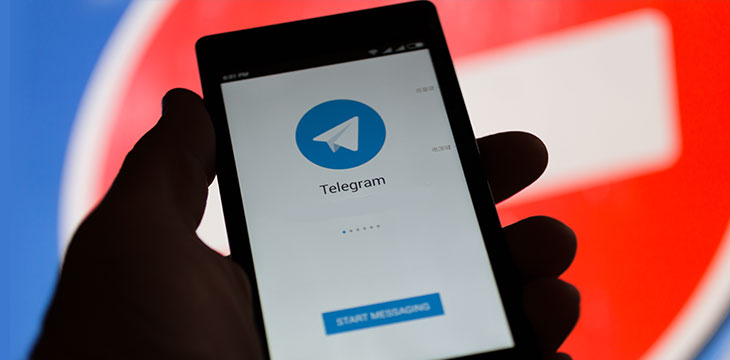|
Getting your Trinity Audio player ready...
|
Authorities in Iran have outlawed use of and access to the Telegram messaging app, citing concerns over its potential for stoking civil unrest as well as the potential economic harms of its cryptocurrency.
According to state news outlet Mizan Online, the decision was prompted initially by fears that armed opposition militia were using the app to encourage rebellion. Similarly, government officials highlighted problems with the Telegram initial coin offering (ICO), which they suggested could undermine the local economy.
The news follows on from public calls by officials in April, in response to the second round of funding for Telegram. In the second phase of their ICO, Telegram’s pot grew to $1.7 billion, behind its concept for the development of a full-blockchain Telegram ecosystem.
The news will be a blow for consumers in Iran, and in particular, the 40 million or so in the country known to be users of the platform—roughly 50% of the entire population of Iran.
Nevertheless, Telegram has long been controversial in the country. Back in January, access to the service was temporarily suspended following street protests, which it was alleged were stoked by use of the app.
In particular, the government points to foreign-based agitators, whom it alleges were using the Telegram app to incite protest and violence amongst Iranian citizens. This resulted in Iranian authorities attempting to launch their own social networks to reduce the reliance on foreign-owned properties, which they claim present an anti-establishment bias.
One of those platforms, Soroush, claimed it has 5 million members, despite having been setup only a matter of months ago. Alongside rival platform, Gap, Iran’s President Hassan Rouhani urged Iranians to choose government-approved alternatives in his final message on the platform several weeks ago.
Iran’s supreme ruler, Ayatollah Ali Khamenei also posted to Telegram for the final time in April, committing to using alternatives in place of Telegram.
The ban will impose duties on phone and Internet service providers, who are now compelled to block access to Telegram by law. Any breach is deemed a contravention of the law, and firms that do not comply will be liable to prosecution.
It remains to be seen whether the move to ban the service in Iran will further undermine interest in the Telegram ICO.

 02-19-2026
02-19-2026 




